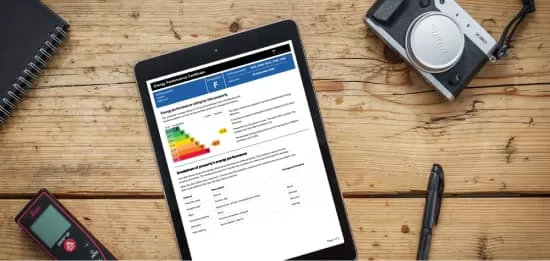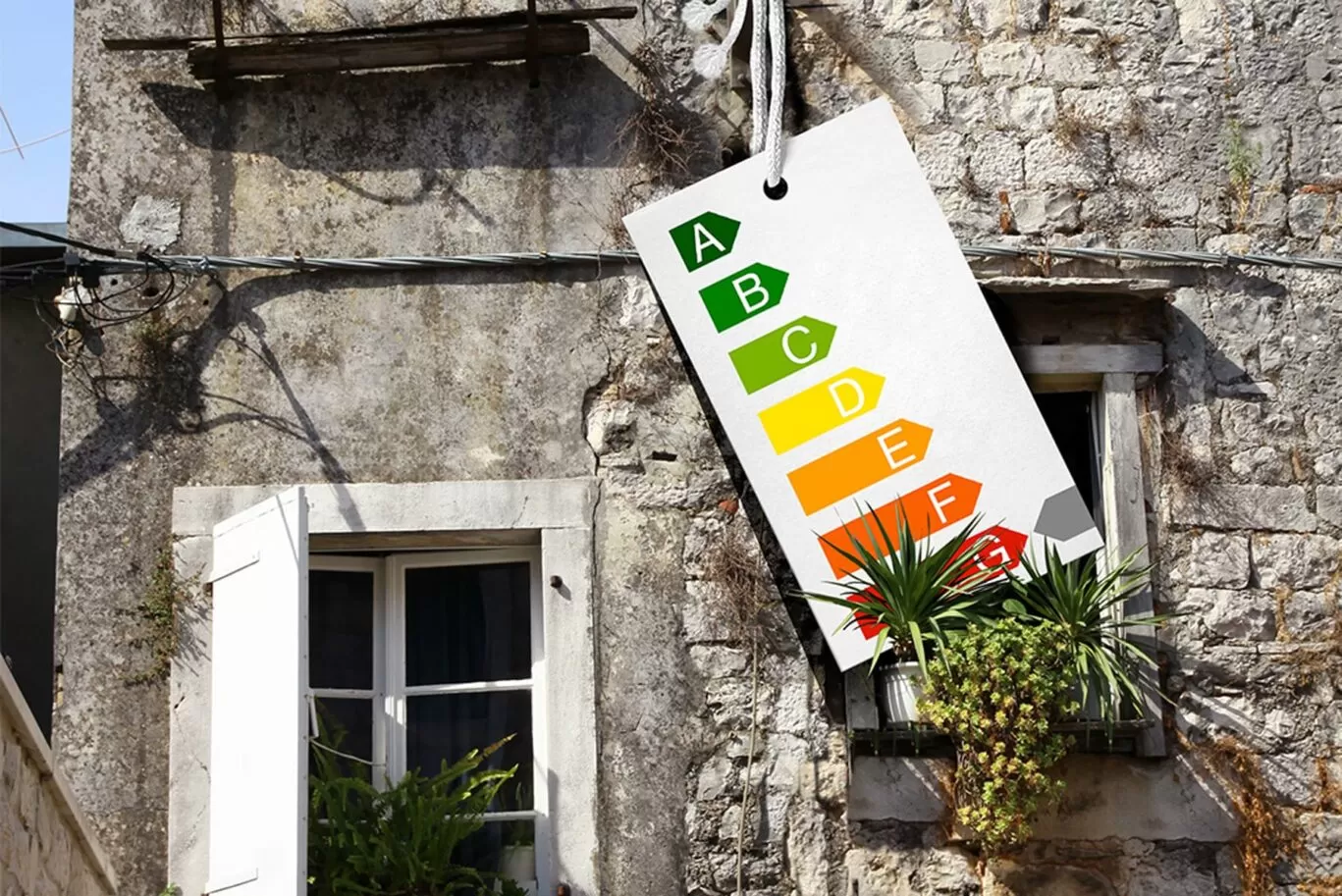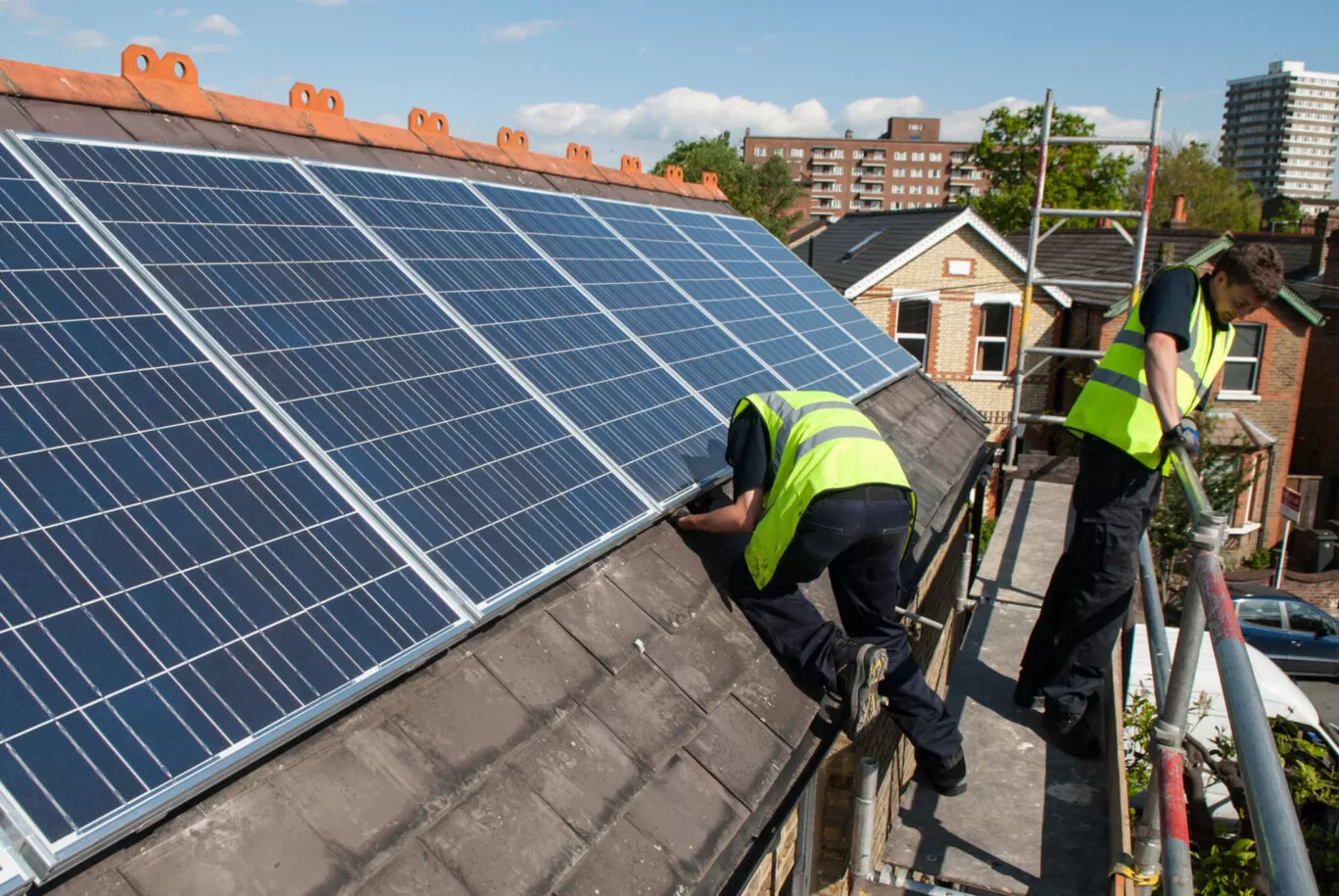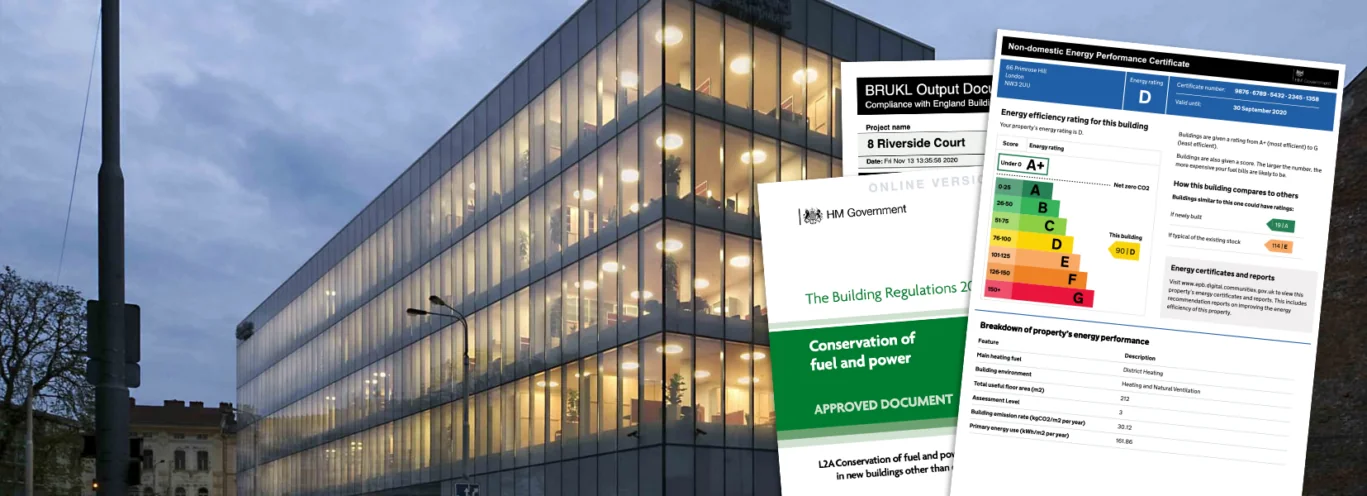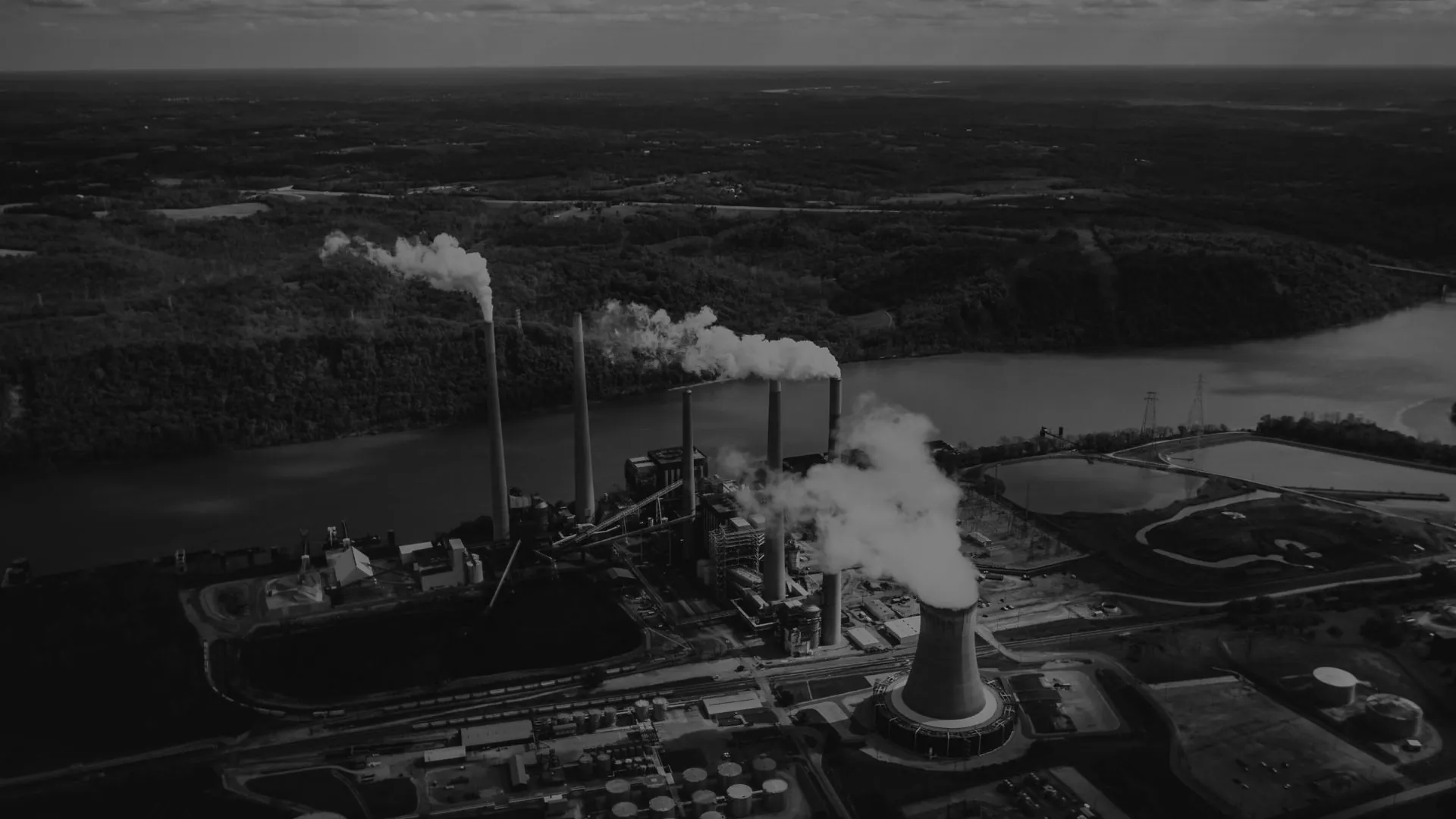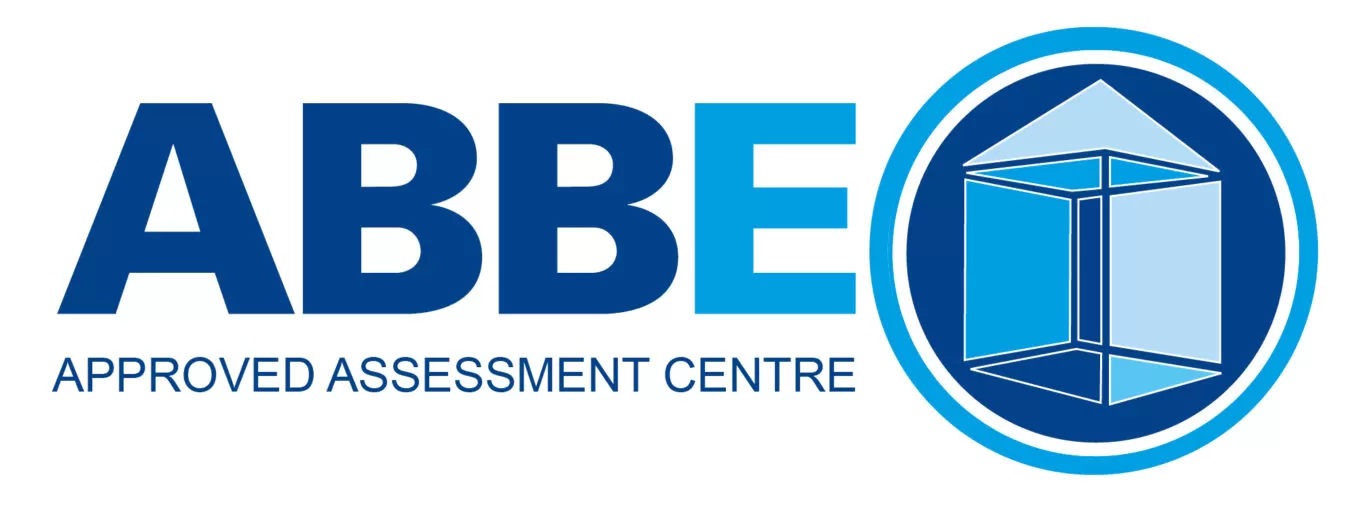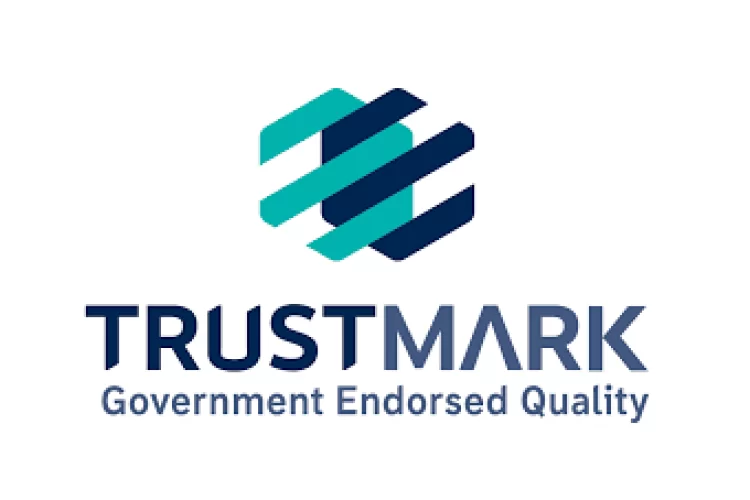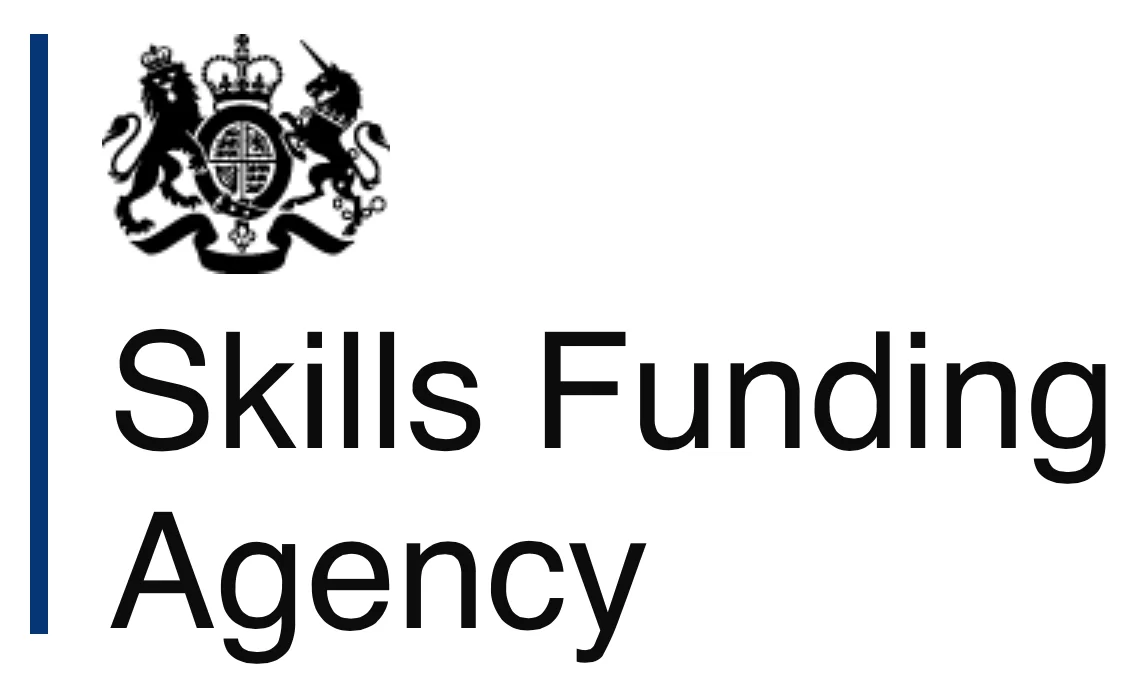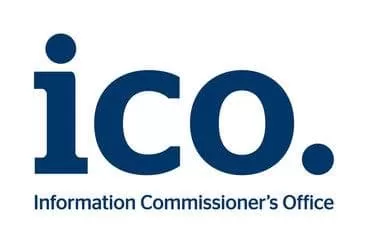Leaders from various sectors met in Whitehall this week to commemorate the first anniversary of the Net Zero Council. The council discussed the road so far, the successes and what’s left to come in the future.
What is the Net Zero Council?
The Net Zero Council was established in 2023 to address climate change through collective action. The council is chaired by government figures involved in energy, co-chaired by Energy Security and Net Zero Minister Justin Tomlinson and the Co-operative Group Chief Executive Shirine Khoury-Haq. It serves as a platform for driving policy, innovation, and best practices toward the goal of net-zero emissions by 2050. Also, it works to foster partnerships between public and private sectors to accelerate the transition to a low-carbon economy while ensuring everyone benefits.
The Journey So Far
The United Kingdom has made leaps of progress over the past few decades. For instance, the UK became the first major economy to halve emissions since 1990! This is readily acknowledged by the Net Zero Council, and they hope to continue this trend into the future. Thus far, the council have done a significant amount to reduce the emissions from UK businesses. For example, the Council supported the re-launch of the UK Business Climate Hub, helping small businesses to reduce their emissions and access the resources they need.
The Road Ahead
The Net Zero Council have reviewed industry-led plans which cover around 80% of the UK’s emissions. Their input to these plans should streamline innovation in sectors such as water, retails and new homes. One sector that will definitely feel the effects of the council’s work is small businesses. They want to foster an environment where businesses and government communicate and support each other freely in the fight to reduce emissions. This attitude was indicated by their support of the UK Business Climate Hub, but it does not end there. The Net Zero Council have produced ‘Net Zero Business Sector Roadmap guidelines’ to give businesses credible and consistent guidance to develop specific action plans to reduce emissions.
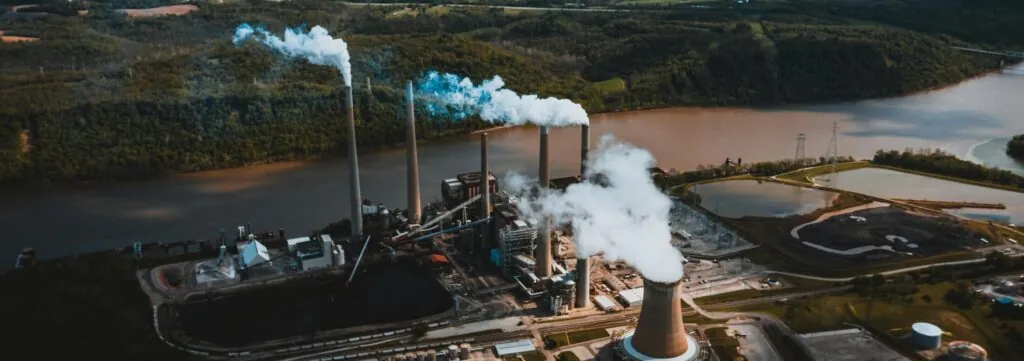
What This Means for Energy Professionals
Zooming in now, all this focus on energy-efficiency will ultimately be felt by our energy assessors. By providing practical advice and fostering awareness about net zero initiatives, the Council aims to catalyze widespread adoption of eco-friendly practices among businesses of all sizes. As businesses and commercial entities strive to align with the Net Zero Council’s objectives, NDEAs will play a pivotal role in that process. Non-Domestic Energy Assessors could see an influx of energy-efficient upgrades over the coming years in line with the Net Zero Council’s aspirations. Their expertise will be indispensable in tracking the progress of the industry over the next few decades.
NDEAs are not the only ones who will feel the effects of the council’s work. Retrofit professionals will be on the front lines, adjusting and upgrading buildings so they can meet the lofty targets in effect right now. As the imperative to decarbonise existing infrastructure accelerates, Retrofit professionals will play a crucial role in implementing sustainable solutions, such as insulation upgrades, installation of renewable energy systems, and adoption of smart technologies.
Looking Ahead To A Low-Carbon Future
Looking ahead, the Net Zero Council’s plan for the next year is set to make big changes in how the UK handles its energy. By bringing together plans from different industries, helping small businesses, and making more people aware of net zero goals, the Council is ready to make a big difference in how we power our country.

